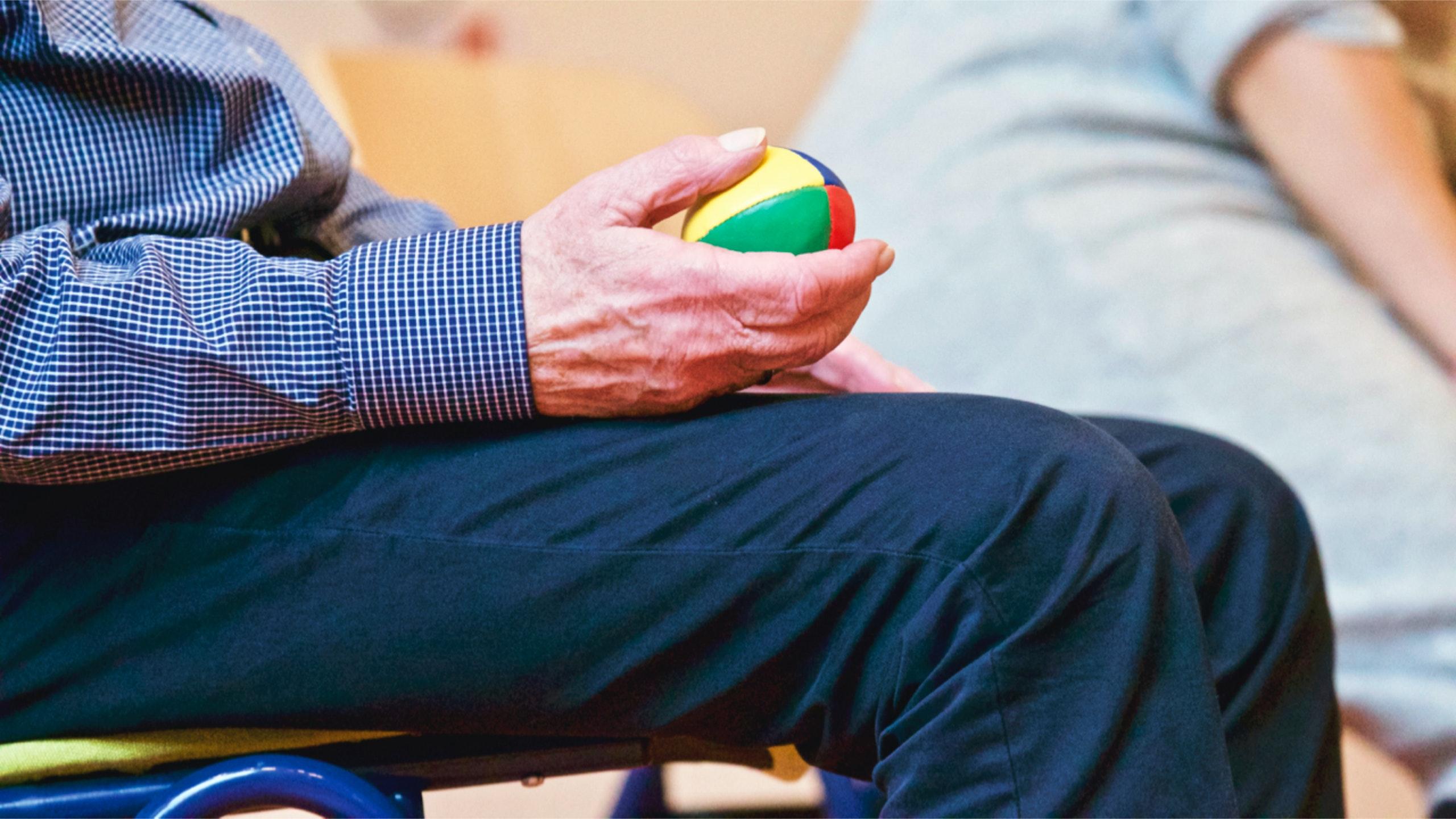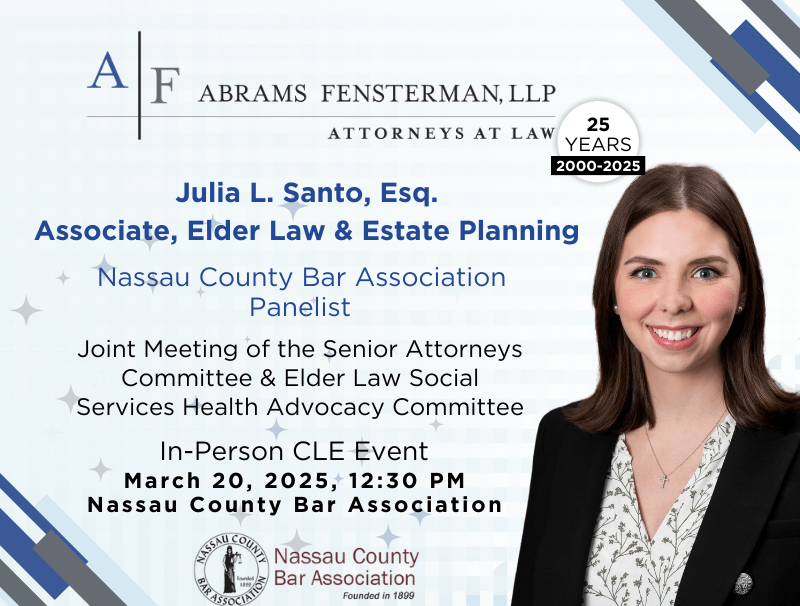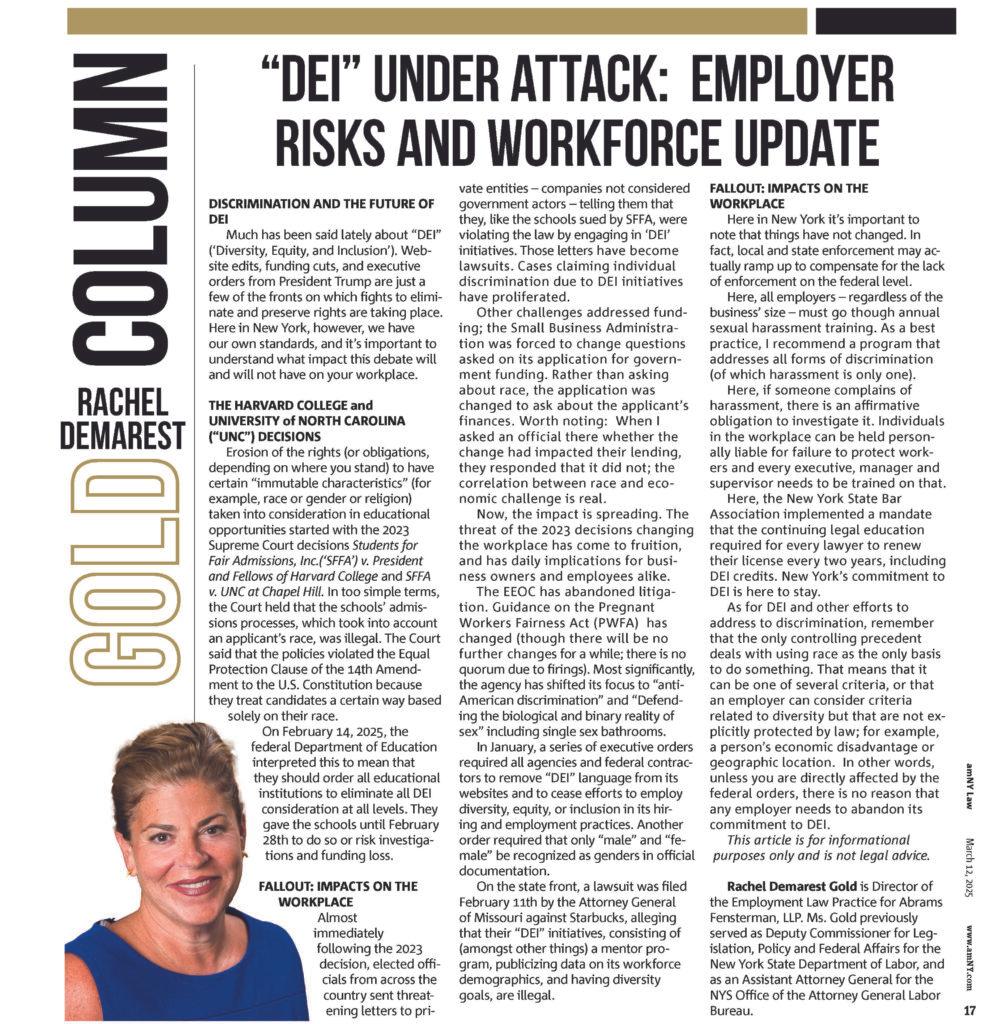New York State has long had a homestead exemption. Homestead exemptions protect homeowners in financial distress from losing their entire property holdings to their creditors. Starting in 2005, the homestead exemption in New York was $50,000. With a $50,000 homestead exemption, a creditor holding a judgment against a debtor-homeowner could not force the sale of the debtor’s home unless the debtor had more than $50,000 of equity in the property, over and above any other liens and encumbrances (e.g., mortgages).
In a likely reaction to the tough economic times facing New Yorkers, and the increase in foreclosure rates, the law in New York was recently amended to further limit a judgment creditor’s ability to force a sale of a debtor’s homestead. The size of the homestead exemption was increased as of January 21, 2011. In addition, in an effort to address the disparity in property values throughout the State, the amended statute varied the size of the exemption depending on the situs of the premises.
Since earlier this year, the homestead exemption was increased to $150,000 for properties located downstate (i.e., in the five boroughs, Nassau, Suffolk, Rockland, Westchester, and Putnam counties), to $125,000 in the counties of Dutchess, Albany, Columbia, Orange, Saratoga and Ulster, and to $75,000 for the remaining counties in the State. In addition, legislation is pending at this time that could further increase the exemption to $250,000 for the downstate counties. These increased exemption values drastically impact a creditor’s ability to collect on a judgment.
When the creditor is a nursing home, the impact of the increased homestead exemption amounts is especially devastating. Many debtors, including nursing home residents themselves, are judgment-proof but for their ownership of a house. Social Security and pension income cannot be garnished, and the bank accounts into which these protected funds are deposited are also eligible for an exemption from collection. Additionally, protections against execution attach to retirement accounts and bank accounts with balances below specified statutory limits. Often the only asset that can be reached with a judgment that represents an unpaid nursing home bill is real property (i.e., a house).
In addition to limiting a nursing home’s ability to collect on its judgments, the exemptions discussed herein leave facilities in an unfortunate Catch-22. An asset that may be counted as available for Medicaid budgeting purposes, such as a house or an IRA not in payout status, could disqualify a resident for Medical Assistance while remaining outside the reach of the nursing home as a judgment creditor. The facility, in other words, may have no legal means of securing private payment from the very asset that resulted in a denial of Medicaid coverage (e.g., a house or retirement account).
For more information about your rights as a creditor, please contact Robert Fensterman, Esq. in our nursing home litigation department.





